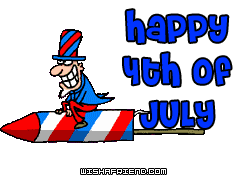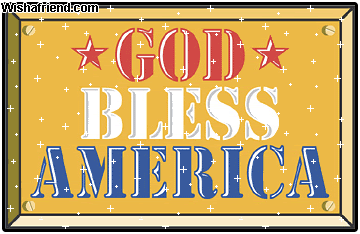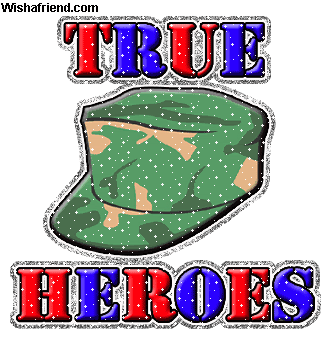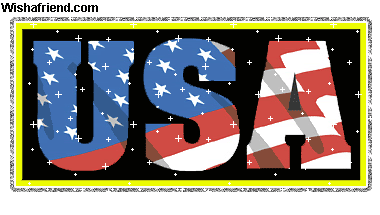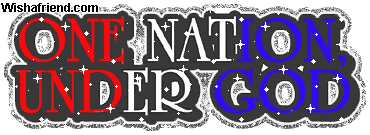Colonists violently opposed the Stamp Act creating a fragile sense of American Unity. Those who oppose the British taxes called themselves patriots everywhere showing great interest in politics.
To lead the power of protest people made an association called:
SONS OF LIBERTY
Members of these alliances were mostly middle class and upper class representation. They saw themselves as organizers against specific governments and not as disrupters of royal authority.
The first group was made in New York with Isaac Sears and Alexander McDougall, who were both merchants, sailors, and political figures, as their leaders. In Massachusetts the association was organized by Samuel Adams, an American statesman and political philosopher, and Paul Revere and American silversmith.
One of the first inputs to the union was the non-importation agreements which consisted on a series of restrictions toward the British merchants. This made the Stamp Act be abolished in 1766 as a petition from the British merchants who were losing money from shipping goods that were not being received. Custom officers could not collect taxes from restricted goods or goods that were never sold. If these officers did receive the shipping, they´d be forced to make public humiliating confessions about the misdeed.
This lead to the Townshend Act in 1767 supported by Charles Townshend, the crown chief financial officer who tried to levy indirect taxes to colonists on everyday objects: glass, paint, lead, paper, and tea. The colonists fought against the taxes encouraging the writings of Samuel Adams and John Dickinson who pointed out that these laws were inconsistent with established English constitutional principles. The Massachusetts assembly was dissolved for sending a circular letter denouncing the Townshend Act. The Boston merchants again boycotted the British goods, they seized a merchant boat ordering I June 16, 1768 for smuggling, the ship belong to a wealthy merchant called John Dickinson a prominent colonial politician. The confiscation of the boat set up riots against custom officers to suppress the riots. The crown sent 40000trooops to take control of the city of Boston and the city only ha 1600 people. For over a year the presence of British troops inflames popular anger especially because poor paid soldiers took away unskilled worker´s jobs. On March 5, 1770 an attack from the colonists toward the Custom House in Boston took place under the leadership of Samuel Adams where nervous soldiers fire against the colonists killing 5 of them. This assault was called the Boston Massacre.

Another way of contribution to the protests was through Committees of Correspondence which was coordinate d by Samuel Adams, made for contacting other colonies, encouraging resistance and organization to fight the British through hand-written letters carried aboard ships or by messengers on horseback to spread their analysis of current events. By 1773 several other colonies had created their own committees creating a colonial unity against Great Britain.
























